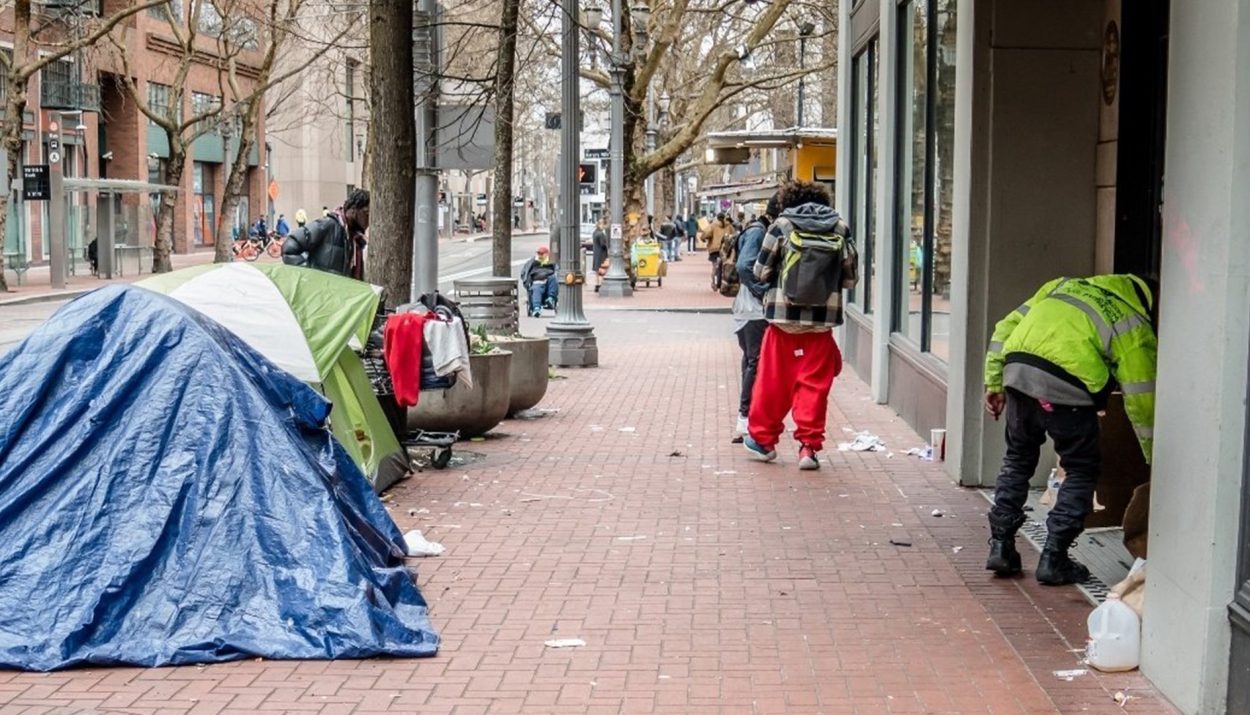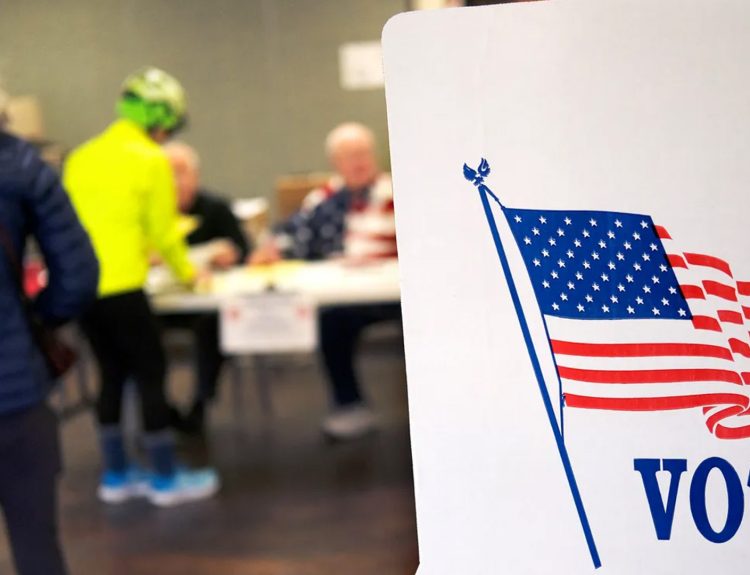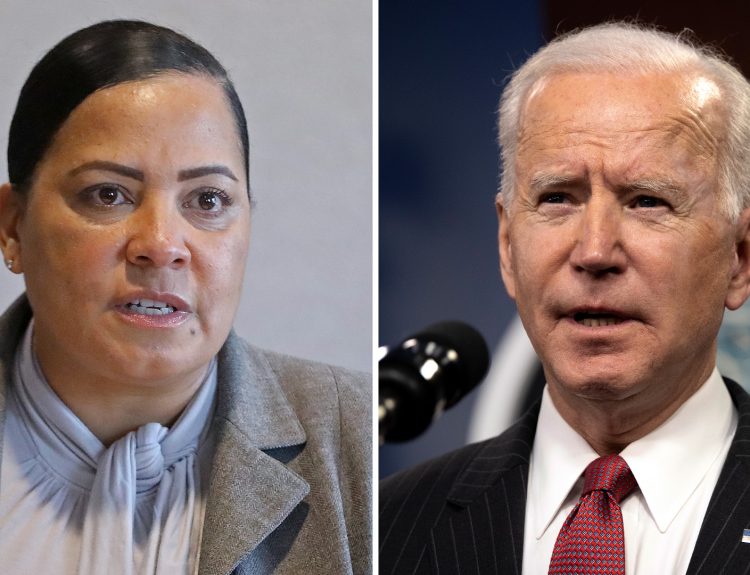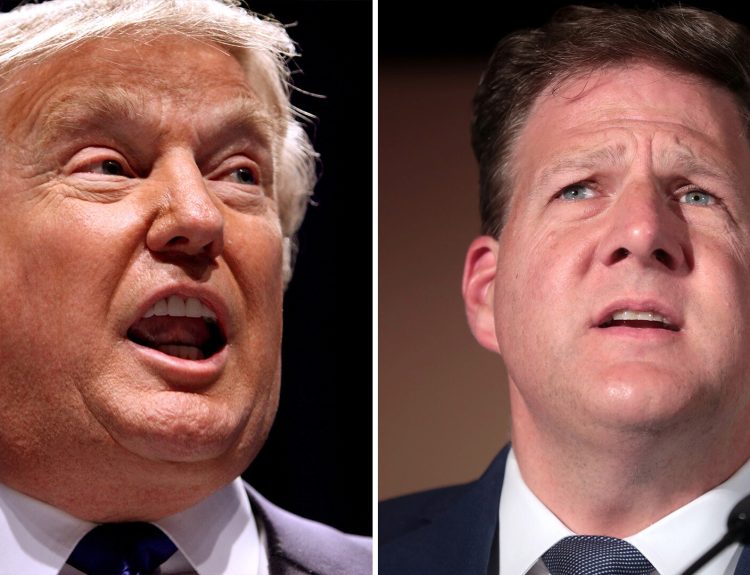It’s 9 am on a weekday, Erica Hetfield, a real estate employee has just witnessed paramedics attempting to revive a man who overdosed on the streets of Portland.
“This is a tragedy,” she says as three tousled men smoke fentanyl near her office in a city once renowned for its relaxed and livable atmosphere.
Balancing Liberal Values with Social Issues
Portland, a city in Oregon on the US West Coast, strongly supports the Democratic Party. It’s known for its liberal values, such as social justice, empathy, and tolerance.
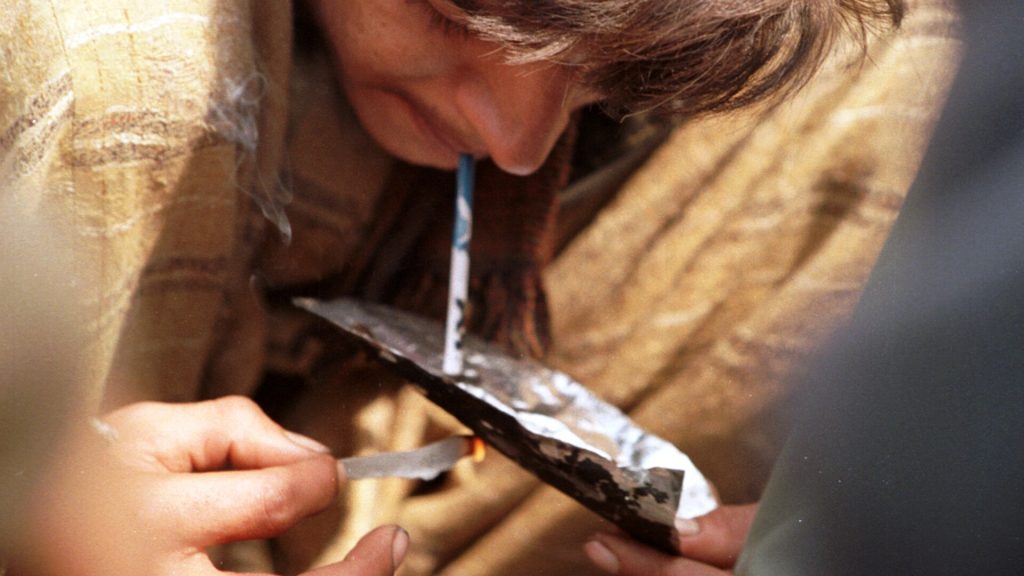
However, an experiment of not punishing drug use and being less strict with policing has made some people unhappy about the situation in this area. Now, there are more homeless people, drug addicts, graffiti, and trash around, which has left the place looking less nice.
Concerns Over Consequences: Impact On Portland’s Urban Landscape
“You have no consequences for your public drug use… no consequences for breaking windows and trying to burn down public buildings,” said Hetfield.
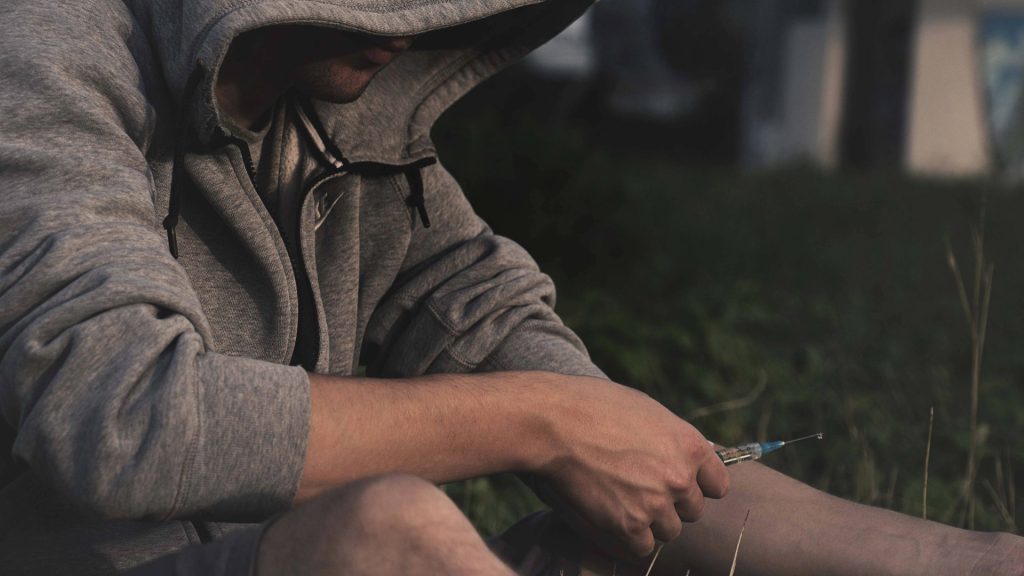
“That ‘no consequences’ attitude has completely changed the face of our city in fewer than four years. It’s been a spectacular nosedive.”
Portland’s Transition: From Proud Uniqueness To Social Justice Challenges
For many years, Portland has been known as a proudly “unique” city, focusing a lot on being sustainable and fair. Sadly, things have changed a lot in recent years.
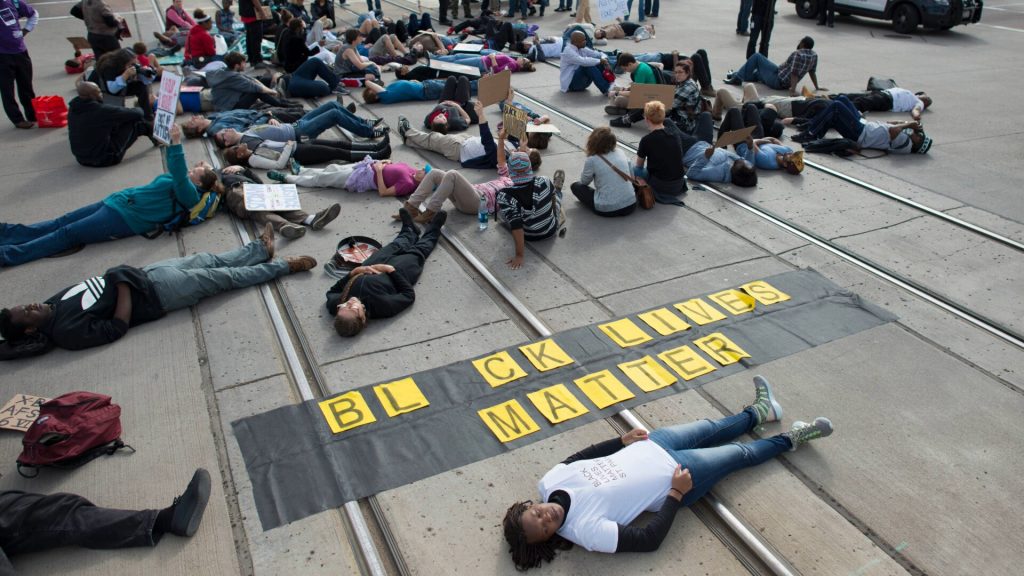
During the Black Lives Matter protests, the city experienced a lot of destruction for weeks which tested its commitment to social justice. The authorities didn’t intervene much as protesters caused chaos. (Some people believe that right-wing troublemakers caused some of the violence.)
Portland’s Dual Challenges: Pandemic’s Economic Impact And Drug Policy Fallout
Along with the economic problems caused by the pandemic, things worsened because of a poorly executed plan to make drug use less of a crime. This meant that police were mainly just giving out information to people who were very out of it because of drugs like crack or fentanyl.
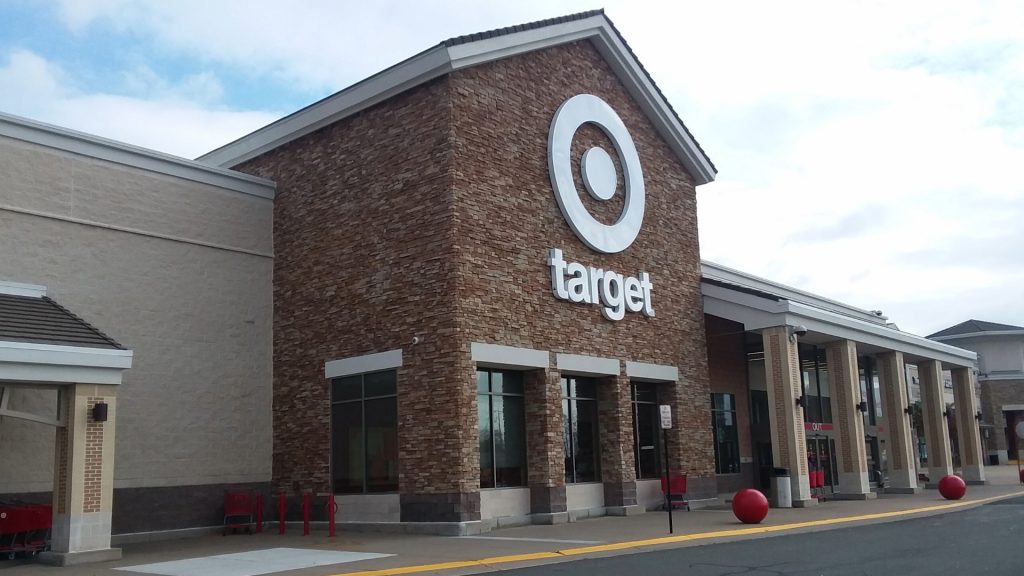
Major retail chains like Nike and Target have closed stores due to frequent thefts, while remote work has emptied out the downtown area.
Political Criticism And Urban Decline: Conservative Perspectives On Portland’s Challenges
Conservative media, like Fox News, have highlighted the city’s problems, showing scary scenes and blaming the Democrats who have been in charge for a long time. Former president Donald Trump called it a place where liberal ideas have created chaos and lawlessness.
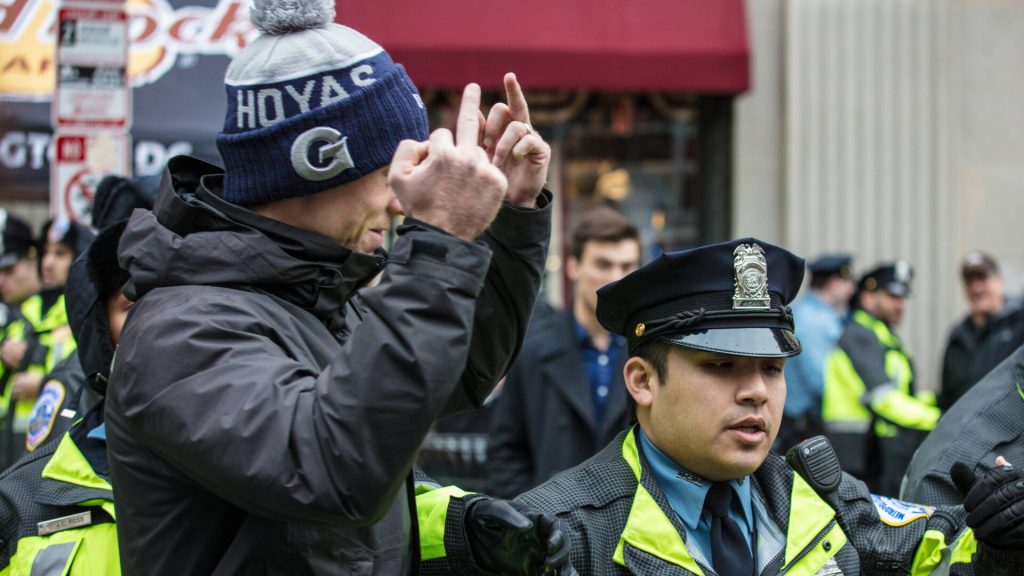
“The city is in shambles to this day. The store owners don’t even rebuild storefronts anymore,” he told NBC last year.
Lisa Schroeder On Portland’s Evolution
Restaurateur Lisa Schroeder says Portland’s demise hurts to watch. “We got to take care of the city,” she told AFP. “We’ve got drugs on every corner. So now there are even more reasons for people to not come downtown.” Schroeder owns Mother’s, a restaurant that has been around for 25 years.
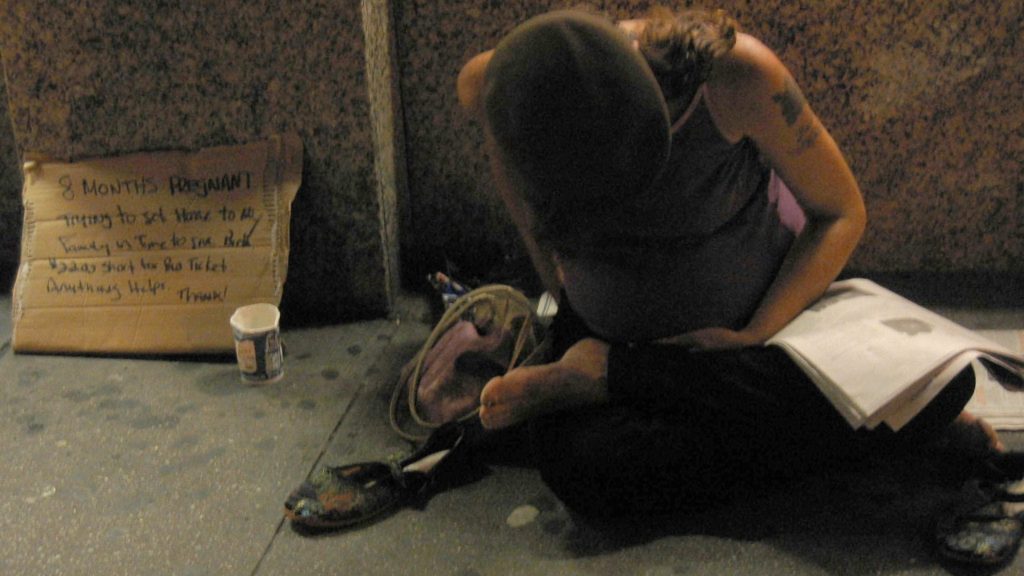
During this time, Portland changed from a city known for its left-wing politics into a well-organized urban area with good public transportation.
Obstacles To Decriminalization: Policing And Policy Perspectives In Portland
Recently, funds were redirected from the police to social services, aiming to help drug users rather than punish them. However, she feels that the effort to make drug use less of a crime, which she supported, has been intentionally sabotaged by the police force trying to prove it’s a bad policy.
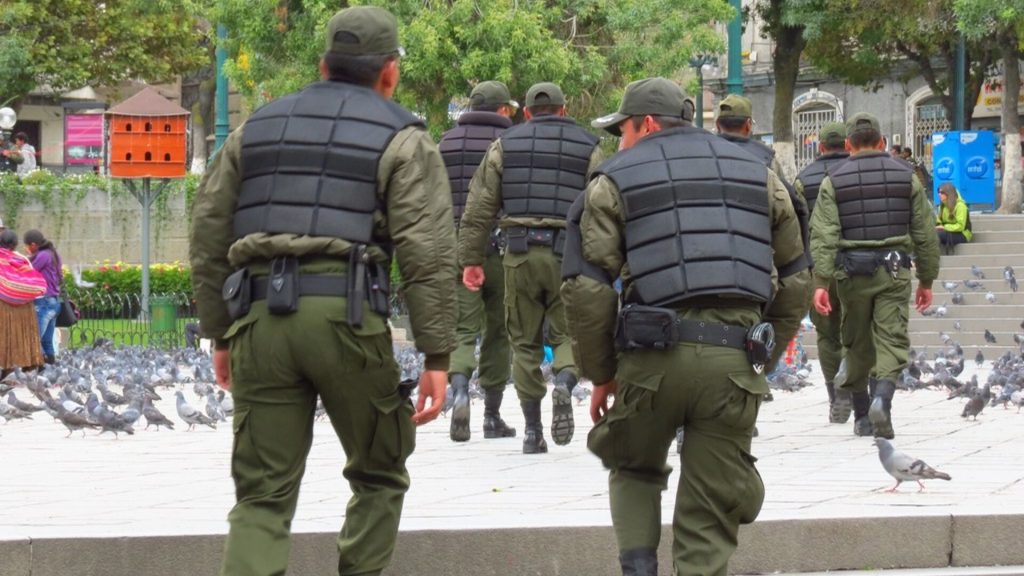
“The police took a passive-aggressive approach. They said: ‘They took away our funding, we’re going to show them what’s up. We’re going to show them what decriminalization looks like.”
Portland’s Crime Trends And Citizen-Led Advocacy For Balanced Governance
Between 2019 and 2022, crime rates went up in Portland, according to official numbers. But starting in 2023, they began to go down. Even so, it takes police around 20 minutes to respond to urgent calls.
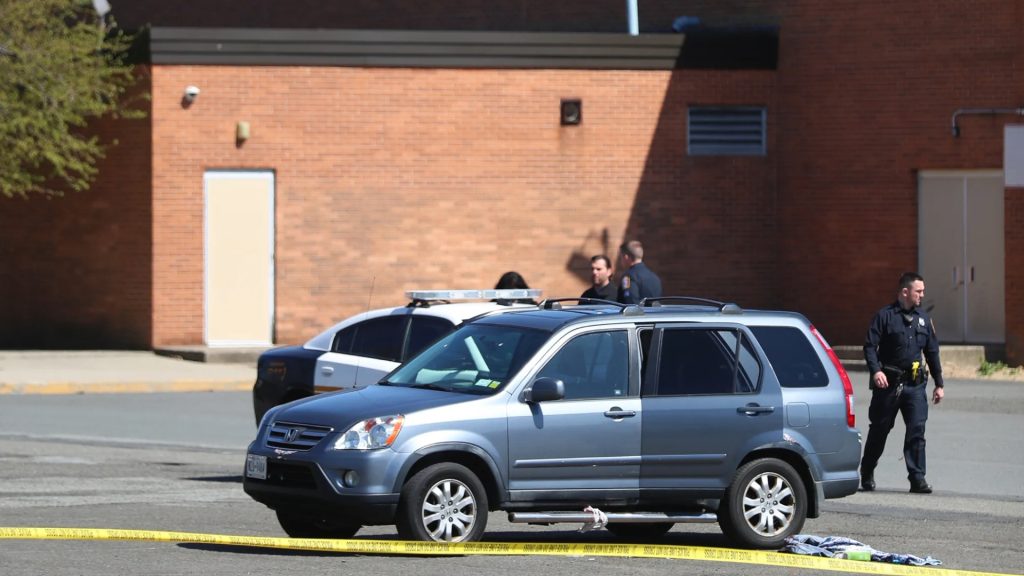
A citizen group made up of bipartisan people is running a campaign to calm down what they think are some of the extreme actions of liberal leadership, while still keeping Portland unique.
Keep Portland Weird
In the streets where signs say “Keep Portland Weird,” the group has placed billboards showing the mistakes of the city’s district attorney.
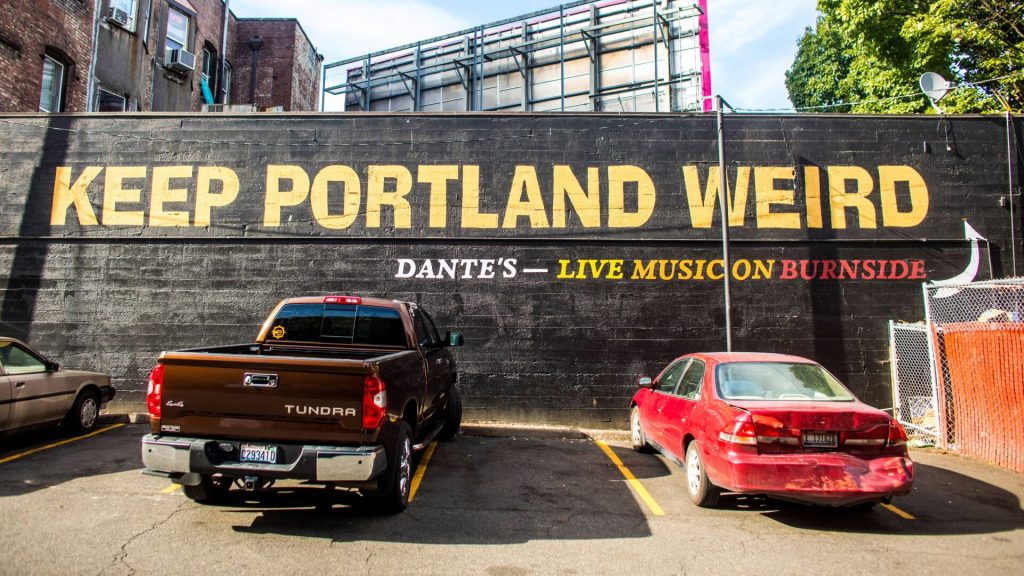
“Record drug deaths. Increased shootings. Rampant car thefts,” they say. The campaign’s two founders — one Democrat and one Republican — say they are aiming for a little moderation.
Portland’s Political Shift: From Progressive Icon To Cautionary Example
“We were like a progressive Pantheon, we were like the leading light,” says Democrat Kevin Looper. “Now all of a sudden we’re a cautionary tale.” In an increasingly polarised America facing its most divisive election in living memory, there must be a middle way, he said.
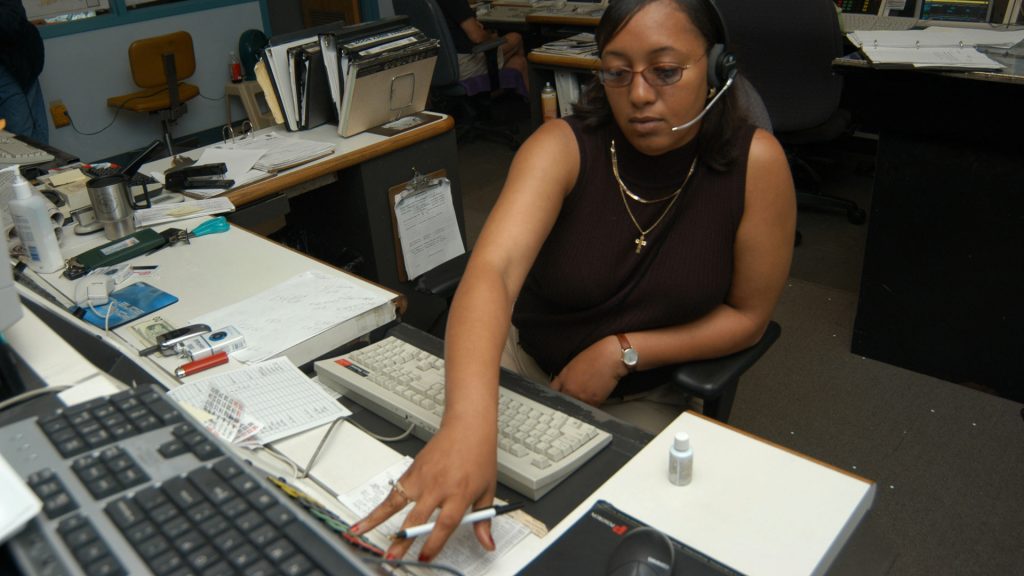
“Between the far left that thinks all cops are bad, and the far right that thinks we just need a police state, it turns out that most people are just left throwing their hands up in the middle saying: I would just like somebody to answer when I call 911.”
Positive Trends: Decrease In Gun Violence In Portland
Meanwhile, in a recent report released last December many years of lots of gun violence, Portland had fewer murders and shootings overall in 2023. Since last summer, the average number of deadly shootings in Portland over a year has gone down by 27%, according to new information from the mayor’s office.
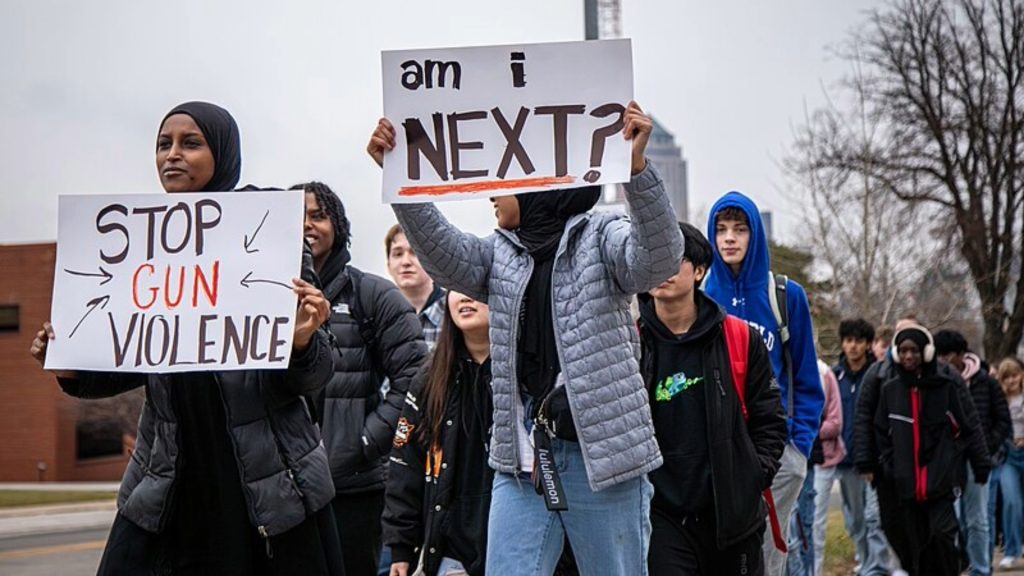
“The information comes from a talk given to reporters and city leaders this week by Mike Myers, who manages the mayor’s Community Safety Division. ‘That’s huge,’ he said. ‘We’re going in the right direction.’ He also mentioned that the improvement was even greater among the Black community, where the decrease was 37%.”
Portland’s Path Forward
This is good news because Portland saw a huge increase in homicides of over 200% from 2019 to 2022, which was higher than in many other cities, especially among young Black men. Now, Myers says, violence in Portland is going down faster than in similar cities.

If gun homicides continue to decline at their current rate, it will take three years for them to return to pre-pandemic levels. “We still have a long way to go,” Myers says.

